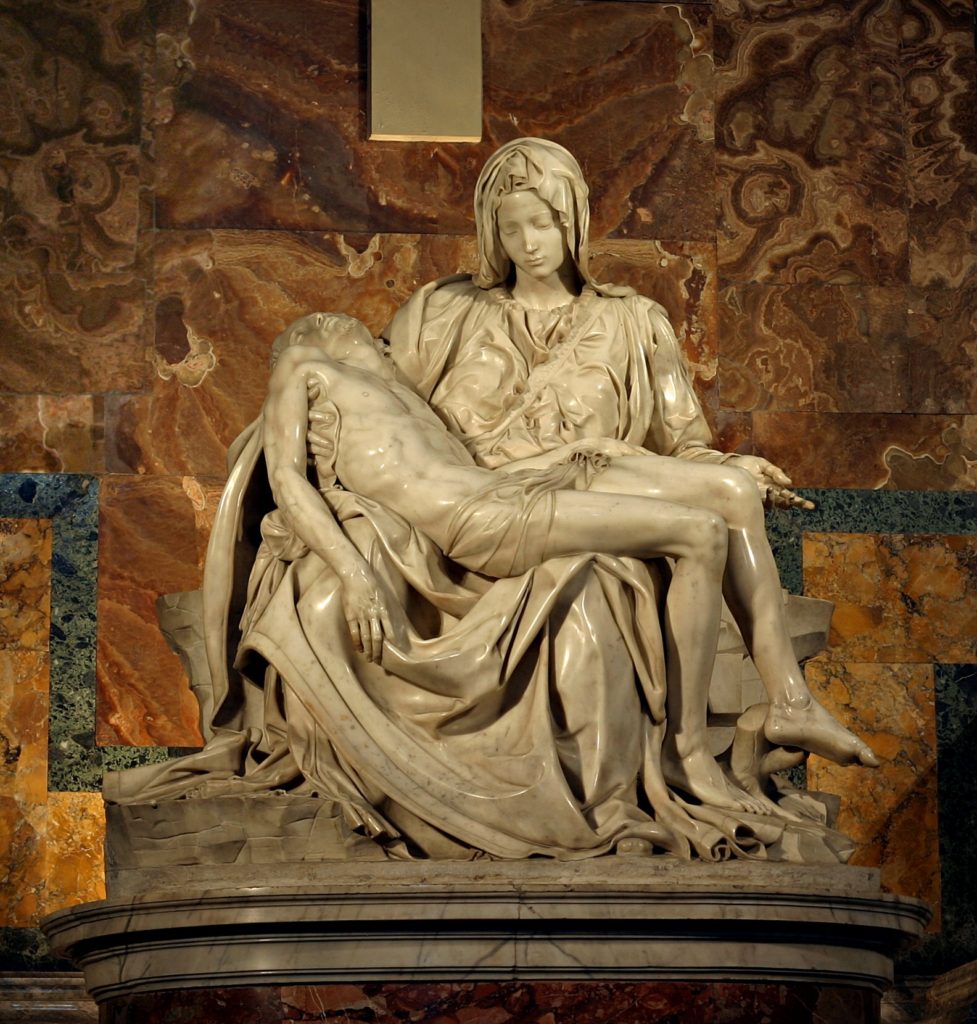
Spiritual Sunday – Mother’s Day
For Mother’s Day, here are three Madeleine L’Engle poems about Mary and Jesus following the crucifixion. I love how they focus on Mary as mother.
Three days
When you agree to be the mother of God
You make no conditions, no stipulations.
You flinch before neither cruel thorn nor rod.
You accept the tears; you endure the tribulations.
But, my God, I didn’t know it would be like this.
I didn’t ask for a child so different from others.
I wanted only the ordinary bliss,
To be the most mundane of mothers.
Mary Speaks
O you who bear the pain of the whole earth, I bore you.
O you whose tears give human tears their worth, I laughed with you.
You, who, when your hem is touched, give power, I nourished you.
Who turn the day to night in this dark hour, light comes from you.
O you who hold the world in your embrace, I carried you.
Whose arms encircle the world with your grace, I once held you.
O you who laughed and ate and walked the shore, I played with you.
And I, who with all others, you died for, now I hold you.
Jesus is the speaker in the third poem, a silence presence as Mary returns to an empty house. Her non-argument (as Jesus sees it) is that her son can’t really be dead as no angel has announced his death.
I’m somewhat baffled by “second given son.” Is L’Engle saying that she has a premonition of Jesus’s second birth? Maybe the poem is telling us that angel voices will guide us in our hours of darkness, assuring us that love is stronger than death.
In a mother’s love for her child, we witness that love in action.
The Tenth Hour
My lips move. “Mother.” Though no sound comes.
She leaves the hill, the three crosses.
I follow. To her empty house.
She does not weep or wail as I had feared.
She does the little, homely things, prepares a meal, then
O God, Washes my feet.
“An angel came,” she said,
“to tell me of his birth. And I obeyed.
No angel’s come to tell me of his death.”
This, I thought, was not an argument.
I held back tears, since she held hers, though foolishly.
We ate—somehow—she always listening.
I said at last, “You do not mourn.”
She looked down at me gravely.
“No, my son. My second given son.
I obeyed then. Shall I do less today?“